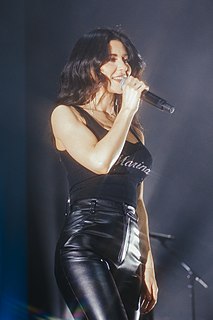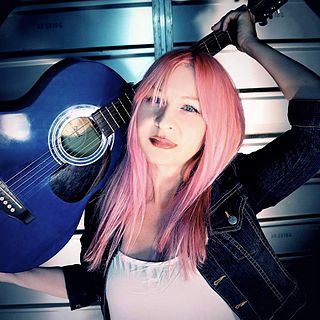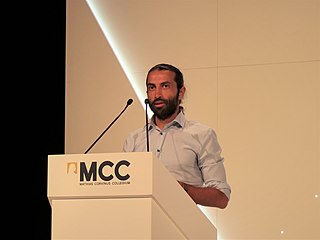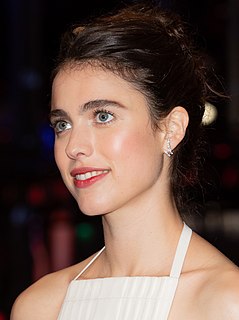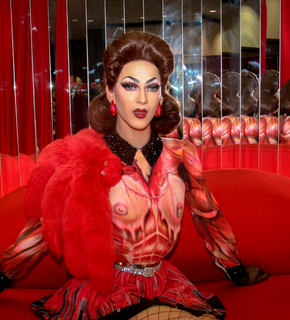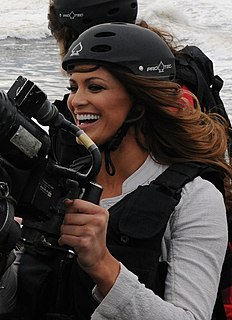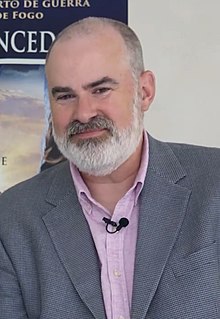A Quote by Marina and the Diamonds
I lived in Greece for about four years of my life, and living there had a huge impact on my life growing up. My father was very much adamant that we would learn about our culture. It's a very rich culture to be a part of since it has such a great history behind it. I definitely carry that in my job, and I am very passionate.
Related Quotes
One respect in which I'm very much my father's son is how I feel about Joyce. 'Ulysses' is very much about daily life, when you get into this other guy's life and you learn about the things he cares about, and why he cares about them. And then, very indirectly, very subtly, you learn why politics has impacted his life, too.
When I went to Egypt right after 9/11 I was very upset. I used to live in Egypt. I had a lot of friends there. I spent two years teaching there. I had very fond feelings for that part of the world, and the fact that a culture I liked so much had attacked my own culture was really very upsetting to me.
Modernism was a big thing for me, coming from a father who was very interested in art, music and culture - and almost always Italian art, music and culture. One good thing about Italians is that culture is part of everyday life. But Modernism is a movement of the past. The idea of a Modernist building as a sculpture set on a pedestal of grass is a part of Modernism that I'm not so crazy about.
I grew up in a very religious family, so that was never going to leave me. I just accepted it over the years. Although I'm not religious myself, it is so much a part of me. It's a part of my history, a part of my tradition and my culture, so I don't want to just throw it away and leave it behind, because it's made me who I am today.
I feel a disparity between my life in India within the home and my life outside the home - my life within public and private space. In terms of here and there, there were some differences, but New York and India were very different when I was growing up in the '80s. Definitely in terms of the visual and popular culture I encountered within my home - that was very different from the complete lack of representation I saw of South Asian culture outside of that space.
I was so invested in ballet, and it was my entire life. And then it was realizing that I didn't want it to be my entire life forever. And then it was this very specific life, and I wanted to learn about other things. So I modeled to fill the time because dancing was very much a job, even when I was 14 years old.
A good part of 'The Information' is about the transition from an oral to a literary culture. Books effected such a great transformation in the way we think about the world, our history, our logic, mathematics, you name it. I think we would be greatly diminished as a people and as a culture if the book became obsolete.
